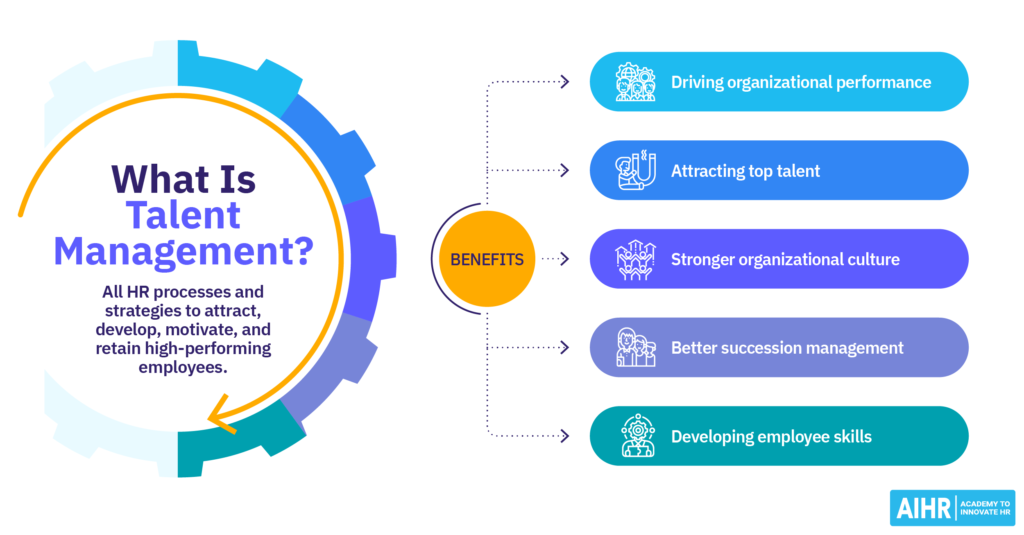Amid growing environmental concerns and the rising cost of living, the quest for sustainability can also be a pathway to financial respite. Converging the dual goals of saving the planet and our wallets ignites a powerful synergy – where eco-friendly choices lead to leaner expenses. This article unveils actionable strategies for frugal environmentalists seeking to conserve water, slash energy bills, curtail food waste, and embrace reusables.
Energy Efficiency: Illuminating Savings
Reducing your home’s energy consumption is a two-pronged triumph, sparing both the environment from excessive carbon emissions and your bank account from hefty bills. Consider insulation, passive solar design, and simply switching off unused appliances. Transition to LED lighting and embrace natural light for a luminous yet economical home atmosphere.
As we continue to seek out ways to reduce our carbon footprint and better manage our finances, a closer study of available energy plans in Texas may reveal opportunities for further savings. By exploring options that cater specifically to our usage patterns and sustainability goals, we can make informed decisions that benefit our environment and our wallets equally.
The Reusable Revolution: Infinite Savings
Committing to reusable products is a commendable leap in the journey to environmental stewardship. From cloth shopping bags to refillable containers, a shift towards durable items can significantly curtail the incessant influx of waste to our planet’s delicate ecosystems, all the while curbing the continuous cash flow to disposable alternatives.
Water Wisdom: A Tide of Savings
Water is an oft-overlooked utility with substantial saving potential. Resolving leaks, installing low-flow fixtures, and thinking creatively about water recycling can lead to impressive reductions in use. Cultivate a drought-resistant garden, capturing rainwater for non-potable needs, thus fostering a flourishing oasis that reflects both ecological and fiscal prudence.
Green Transportation: Moving Towards Savings
Choosing environmentally friendly modes of transportation can profoundly affect both our carbon footprint and transportation costs. Opt for walking or cycling for short trips, utilize public transportation, or consider carpooling to reduce gasoline consumption. If you own a vehicle, maintaining it regularly and ensuring it is fuel-efficient can save you money while reducing harmful emissions.
Mastering Mealtimes: Minimizing Food Waste
You can try to plan meals and shop with a list to prevent overbuying and food spoilage. Learn the art of leftovers and explore the diverse culinary terrain that ‘food upcycling’ can offer. Compost organic waste to return nutrients to the earth rather than contributing to landfill emissions.
Thermal Thrift: Strategic Savings on Heating and Cooling
The battle against unnecessary heating and cooling costs begins with smart home temperature management. Leveraging thermal curtains, optimizing the use of ceiling fans, and maintaining your HVAC system can contribute to a comfortable living environment at a fraction of the typical energy use. Positioning shade trees and shrubs to shield your home from extreme temperatures can provide natural insulation and lead to substantial savings.
Appliances and Gadgets: Tuning in to Efficiency
Our reliance on appliances and electronic gadgets is undeniable, yet their cumulative impact on energy bills can be mitigated. Employing energy-efficient appliances, unplugging chargers when not in use, and using smart power strips are simple yet effective tactics for managing the silent energy consumption of our modern conveniences.
Shopping Smarter: Sustainable Consumerism
Being a discerning consumer can lead to significant financial and environmental benefits. Select products with minimal packaging, buy in bulk, and look for items made with recycled materials. Support companies with sustainable practices and consider the longevity of products to avoid frequent replacements, thereby saving resources and money over time.
Eco-Volunteering: Enriching Communities and Lives
Giving back to the community through eco-volunteering is another avenue for aligning environmental care with savings. Engaging in local clean-up initiatives, participating in tree planting, or contributing to community gardens, not only benefits the ecosystem but can also provide a sense of fulfillment and connection that enriches our lives without monetary expenditure.
Conclusion
The nexus of environmentalism and frugality is a potent space where each saving grace in our lifestyle choices becomes a step towards a sustainable future. By integrating thoughtful practices in energy use, water conservation, waste reduction, and reusability, we craft a template for a life where resourcefulness equates to resilience against ecological and economic challenges. It’s not just about being green; it’s about smartly aligning our lives with the rhythm of nature—and our budgets.




